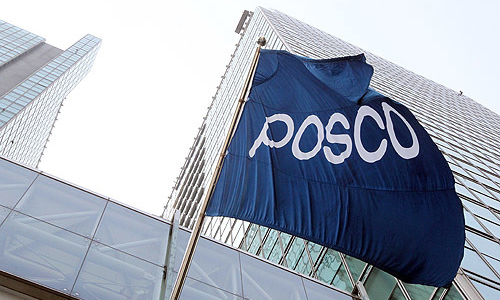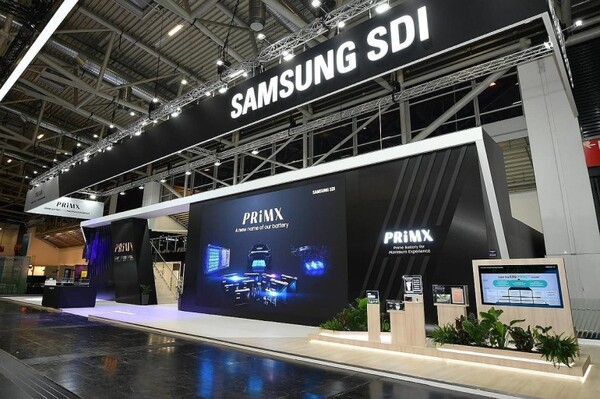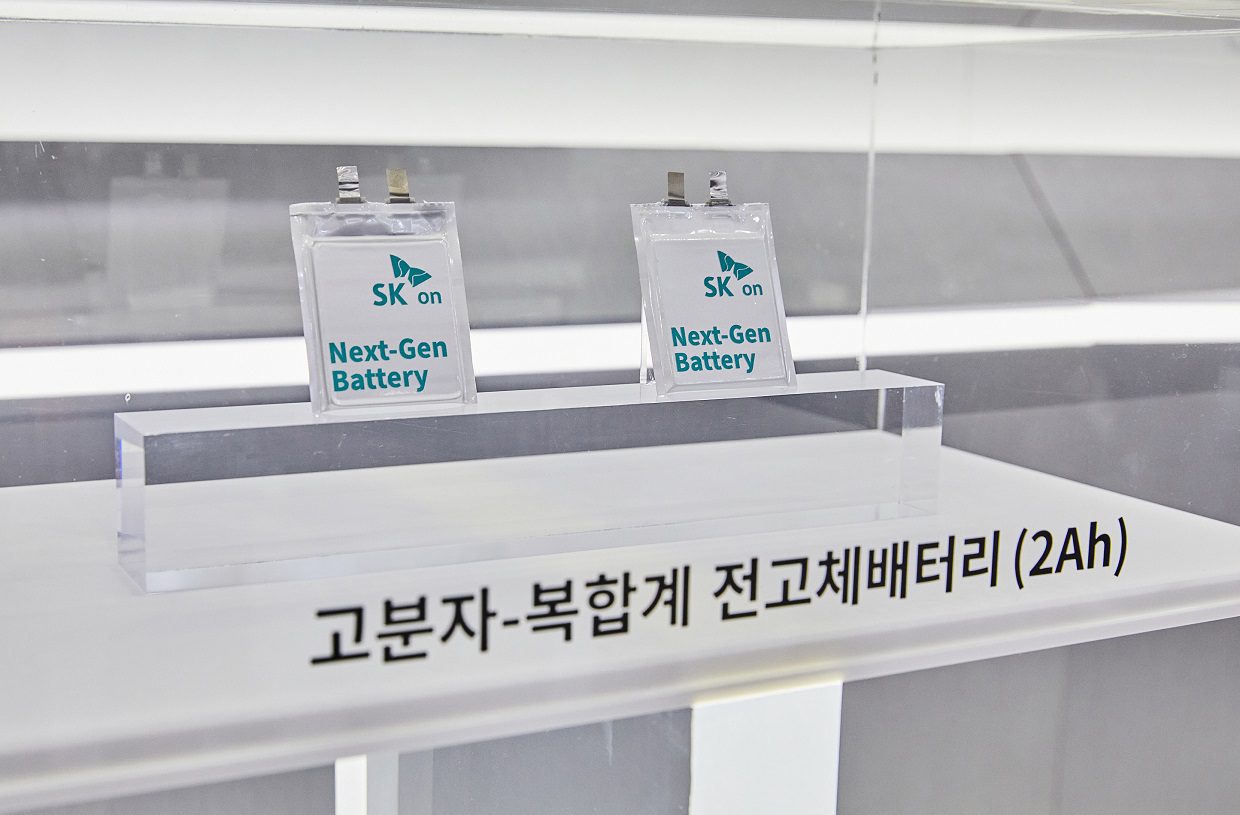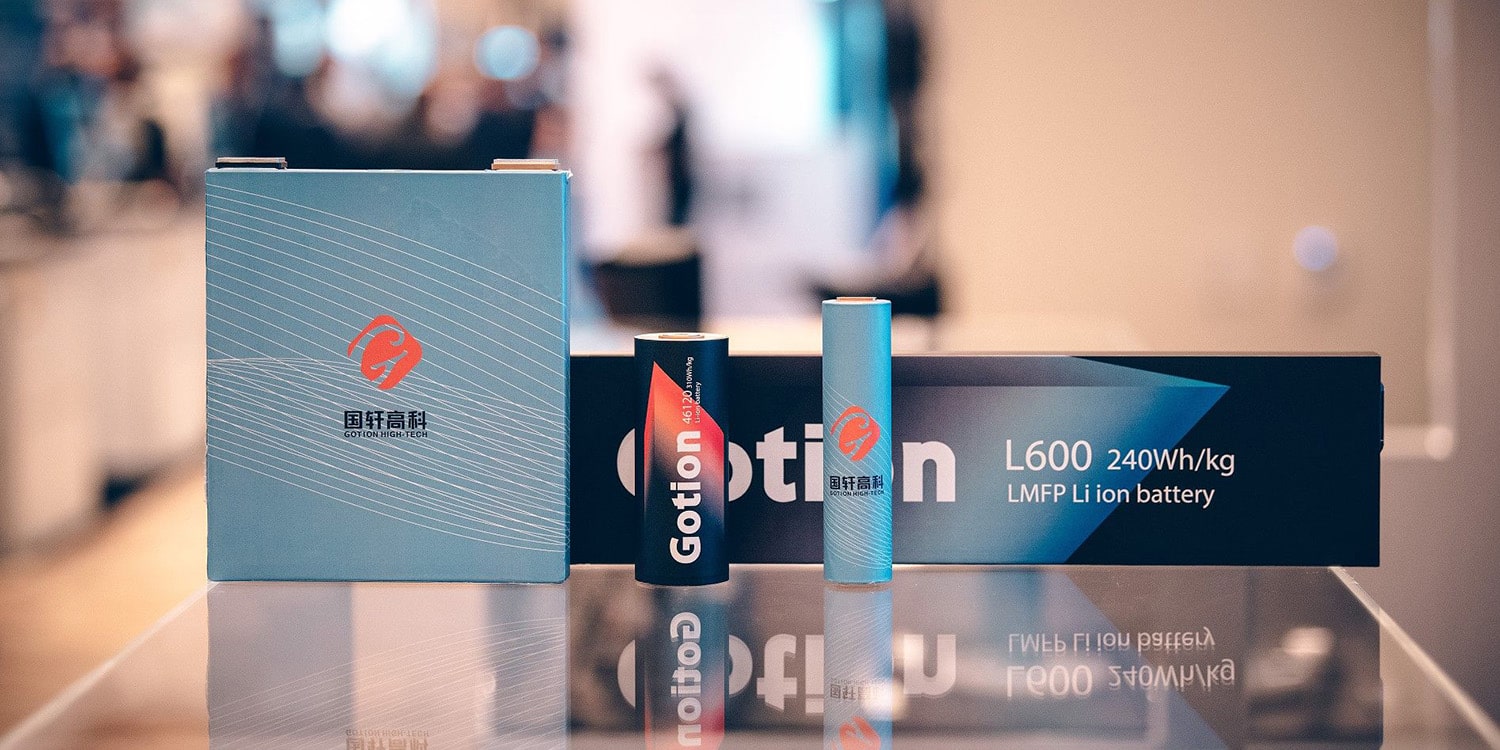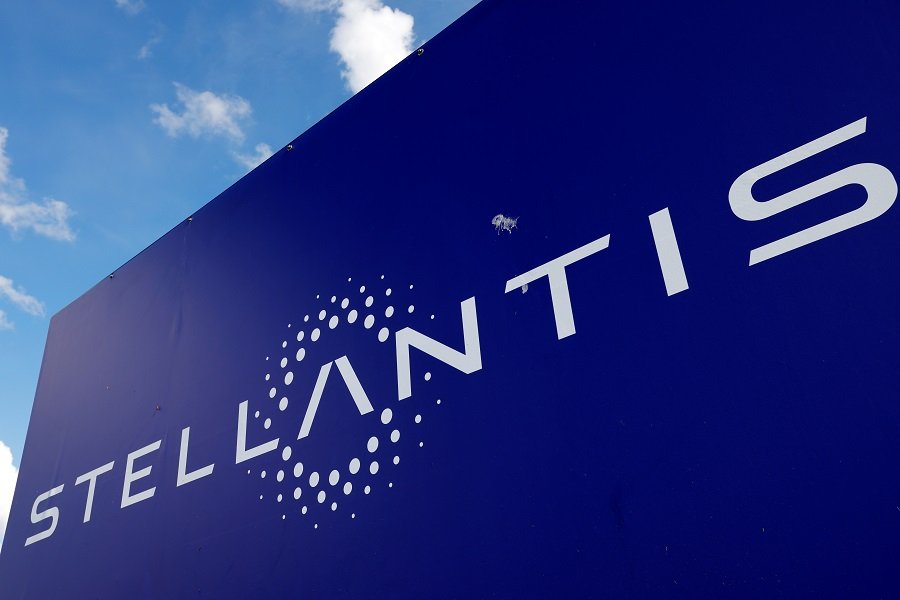South Korean conglomerate POSCO International has embarked on a strategic move to secure a stable supply of graphite, a crucial raw material for anode production in secondary batteries, while also reducing its reliance on Chinese suppliers. This initiative comes in response to the U.S. Inflation Reduction Act (IRA), which mandates a reduction in dependence on minerals sourced from foreign entities of concern (FEOCs) to qualify for electric vehicle (EV) tax credits in the United States starting in 2025.
On August 28th, POSCO International announced a significant business agreement with Canadian mining company Next Source, with the aim of jointly investing in the Molo Mine located in Antananarivo, Madagascar.
See also: US awards $2.8 billion in grants to boost electric vehicle battery manufacturing
Under this partnership, POSCO International is poised to procure 30,000 tons of flake graphite or 15,000 tons of spherical graphite annually from the Molo Mine for the next decade. Flake graphite is a natural variety known for its insulating properties, making it an essential component for secondary battery anodes. Spherical graphite, on the other hand, is produced by reprocessing natural graphite into spherical particles, primarily used in the manufacturing of secondary battery cathodes.
The acquired graphite will be channeled to POSCO Future M, the secondary battery subsidiary of POSCO Group, which is the sole Korean entity capable of mass-producing anode materials from graphite and supplying them to both domestic and international clients.
The Molo Mine in Madagascar, owned by Next Source, boasts substantial graphite reserves totaling 22 million tons. It commenced commercial production in February, operating a 17,000-ton production system. By 2026, its annual output is projected to exceed 150,000 tons.
In another strategic move, POSCO International entered into a business agreement on September 1st with Australia’s BlackRock Mining in Dar es Salaam, Tanzania. This agreement seeks to expand its natural graphite procurement rights at the Mahenge Mine to approximately 60,000 tons annually through participation in BlackRock Mining’s capital increase.
Notably, in May, POSCO International had previously signed an agreement with BlackRock Mining, the world’s second-largest natural graphite mine. The initial investment of $10 million in the Mahenge Mine secured them 30,000 tons of natural graphite per year for 25 years. This recent expansion of procurement rights underscores the company’s commitment to diversifying its graphite sources.
See also: SK On Partners with Urbix to Develop Anode Materials for Batteries in the US
Collectively, these two strategic agreements are expected to provide POSCO International with access to more than 90,000 tons of flake graphite annually from Madagascar and Tanzania.
POSCO Group’s strategic efforts to diversify its graphite sources in Africa are a proactive response to the U.S. IRA. Currently, South Korea imports approximately 97 percent of its required graphite from China. However, to meet the criteria for EV tax credits in the United States under the IRA, batteries must not rely on key minerals sourced from FEOCs, a requirement that takes effect in 2025.

